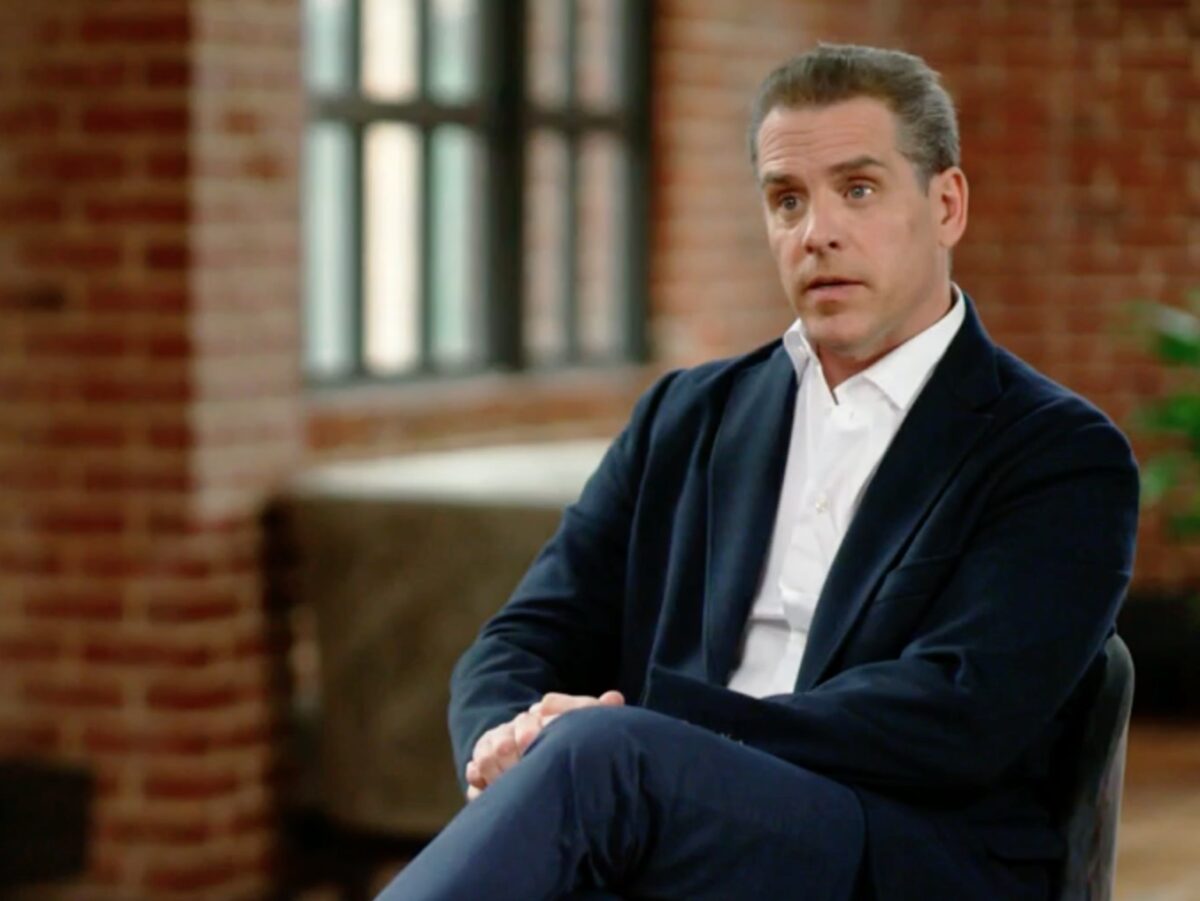NY Times Confirms Hunter Biden Emails — Decried as Misinformation — Were Real

A New York Times report on the federal investigation into Hunter Biden’s taxes has apparently confirmed emails that were part of a controversial New York Post report published ahead of the 2020 election.
The Times published a story on Wednesday on the federal investigation into Hunter Biden’s taxes and international business dealings. The Times reported that President Joe Biden’s son has paid off his tax bill, but the investigation has continued, and will probe whether Hunter intentionally violated the Foreign Agents Registration Act (FARA) by not identifying himself as a foreign agent.
The report also includes details on prosecutors obtaining emails between Hunter and a business associate, Devon Archer. The Times also obtained those emails — believed to have come from a laptop abandoned by Hunter at a repair shop — and authenticated them as real.
From the Times report:
People familiar with the investigation said prosecutors had examined emails between Mr. Biden, Mr. Archer and others about Burisma and other foreign business activity. Those emails were obtained by The New York Times from a cache of files that appears to have come from a laptop abandoned by Mr. Biden in a Delaware repair shop. The email and others in the cache were authenticated by people familiar with them and with the investigation.
In some of the emails, Mr. Biden displayed a familiarity with FARA, and a desire to avoid triggering it.
In one email to Mr. Archer in April 2014, Mr. Biden outlined his vision for working with Burisma. In the email, Hunter Biden indicated that the forthcoming announcement of a trip to Ukraine by Vice President Biden — who is referred to in the email as “my guy,” but not by name — should “be characterized as part of our advice and thinking — but what he will say and do is out of our hands.”
The New York Post originally reported on the contents Hunter Biden’s laptop just weeks before the 2020 election. Trump lawyer Rudy Giuliani had provided the emails to the Post after obtaining the laptop hard drive from a Delaware computer repair shop.
There was a lack of consensus at the time about whether contents contained any actual scandal regarding presidential candidate Joe Biden. Regardless of whether the Post report constituted a true scandal for Biden, many in the media attacked the reporting as disinformation.
Social media platforms also moved to shut down the report. The Post was temporarily banned by Twitter and Facebook limited sharing of the story, until it could “fact-check” the claims made within.
Others in media argued the emails could have been fabricated. Future White House Press secretary Jen Psaki was among those who shared a letter signed by former intelligence officials arguing the Post story looked like Russian disinformation.
Notably, when Donald Trump tried to use the laptop report to criticize Biden during the 2020 election, the Times published an article dismissing the allegations of corrupt dealings by Hunter Biden as “questionable” and “unverified.” In another report, the Times covered the social media suppression of the Post story, which it described as “so dubious that they limited access to the article on their platforms.”
All the while, Hunter Biden never denied the emails were real.
New: The Mediaite One-Sheet "Newsletter of Newsletters"
Your daily summary and analysis of what the many, many media newsletters are saying and reporting. Subscribe now!






Comments
↓ Scroll down for comments ↓